Chronicles of Gambling Among Canadian First Nations
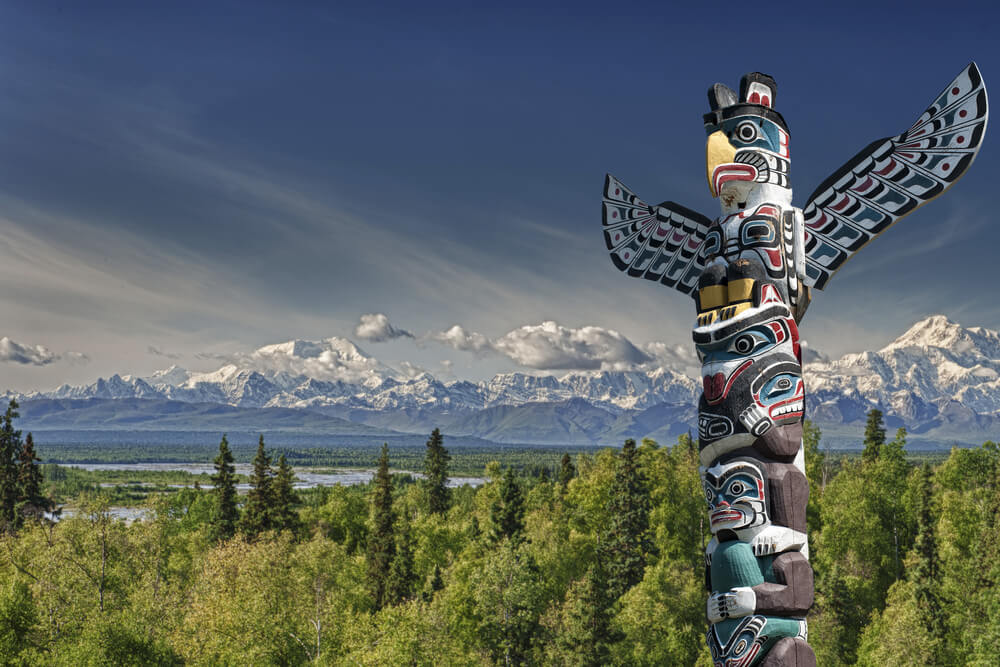
Step into our comprehensive exploration of Indigenous gambling in Canada. Here, we delve into the expansive history and current challenges faced by First Nations in the gambling sector, along with a preview of top Indigenous-run casinos in the country.
Table of Contents
- A Detailed Look at the History of First Nations Gambling
- Traditional Games Played by Indigenous Peoples: Sticks and Bones
- Legal Complications
- First Nations Gambling Today
- The Kahnawà:ke Gaming Commission
- Land-Based First Nations Casinos
- Find the Top Online Casinos Available in Canada
A Detailed Look at the History of First Nations Gambling
The practice of gambling in Canada dates back to times before the nation's formal establishment in 1867. Prior to the arrival of European settlers, Indigenous populations engaged in gambling activities using rudimentary items like sticks and stones instead of dice or cards.
The landscape changed notably when European settlers enforced bans on all gambling activities, ushering in a new era for the tradition. For a thorough look at gambling history in Canada, here’s a succinct timeline detailing the evolution of First Nations gambling from the year 1497 to today:
- Pre-1497 – Prior to any European influence, Indigenous Canadians enjoyed games of chance using simple items like sticks and stones. Horse and foot races were popular gambling events at social gatherings.
- 1497 – The year John Cabot arrived in Canada, recording the types of gambling he observed among Indigenous groups, though his establishment of English law in Newfoundland curtailed these practices using the 1338 law which prohibited gambling.
- 1892 – 25 years post-Confederation, Canada introduced a Criminal Code banning all forms of First Nations gambling. Subsequent amendments allowed some regulated betting like horse racing.
- 1982 – The amendment of Criminal Code Sec 207 gave provinces the right to govern gambling within their territories, though First Nations territories didn't receive the same authority.
- 1995 – Despite attempts to alter Sec 207 to favor Indigenous gambling rights, these efforts led to the creation of the First Nations Gaming Act, and the Kahnawake Gaming Commission was later established in 1996.
- 2014 – Research by the American Bar Association highlighted the First Nations gambling industry, comprising less than 20 Indigenous casinos, valued over $1 billion.
- 2023 – If passed, Bill S-268 will allow First Nations to oversee and issue licenses for gambling and lottery schemes on their lands.
Traditional Games Played by Indigenous Peoples: Sticks and Bones
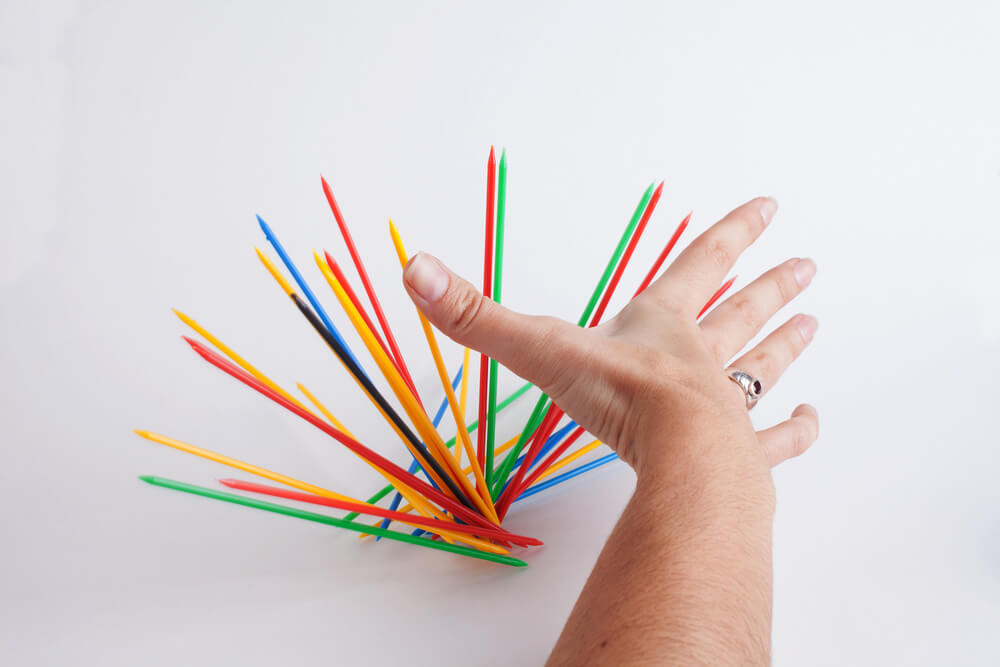
Here’s a brief overview of how four notable First Nations gambling games are played:
| Game | Origin | Materials | Summary |
|---|---|---|---|
Slahal (or Lahal) |
Indigenous Tribes from the Pacific Northwest Coast |
Four bones, often taken from the shins of deer or similar animals 10 sticks |
The 10 sticks are split between teams and serve as scorecards. Bones are grouped into marked sets, one team retains both sets. During singing, one team swaps bones, challenging opponents to guess which retain unique markings. |
Ahkitaskoomnahmahtowinah - A Game of Counting Sticks |
Muskowpetung First Nation, in the Qu’appelle Valley, Saskatchewan, of the Plains Cree |
25 willow splints |
Teams of players sit opposite, each competing for points. Secretive divisions of stick bundles take place, with the opposing team winning by selecting bundles with even numbers. |
Chekutnak – Stick Dice |
Plains Cree (Piapot First Nation) |
Four 12-inch “dice” sticks. Ten ‘tally’ sticks of medium size represent one point each. Small ‘tally’ sticks worth ten points each enhance the challenge. |
Four dice sticks are tossed, scores are tallied based on the landing Winners accumulate tally sticks from others, while losers get a chance for a comeback throw. A large stick with vivid, distinct sides represents the scoring mechanism. |
Stick Flip |
Plains Cree |
Players flip the stick by stepping on it, the outcome determined by its landing. Tally stick to keep score |
Beyond monetary currency, Indigenous cultures wagered food and clothing. ● Blank – 1 points ● Marked – 2 points ● Blue – 3 points ● Red – 4 points (wins the game) |
Over the years, numerous legal issues arose surrounding First Nations gambling. Under Criminal Code (Sec 207), provinces could legislate their own gambling laws, ensuring they retained profits from any legally set up gambling operations.
Legal Complications
Almost immediately, Indigenous communities contested the provinces' authority, with Alberta's Indigenous casinos in Calgary and Edmonton marking a pivotal victory, becoming Canada’s first legal Indigenous casinos.
Despite early defeats, these efforts paved the way for the First Nations Gaming Act in 1995, allowing Indigenous communities to establish integral gambling institutions.
Legal battles between First Nations and Canadian government often invoked Aboriginal rights. In 1985, Ontario's Eagle Lake First Nation enacted its own gaming laws, which the Ontario Lottery Commission opposed, highlighting Indigenous demands for self-governance.
Canada hosts 18 Indigenous casinos and a First Nation online gambling industry, overseen by Kahnawà:ke Gaming Commission. Indigenous communities have three pathways to legally offer gambling operations today:
First Nations Gambling Today
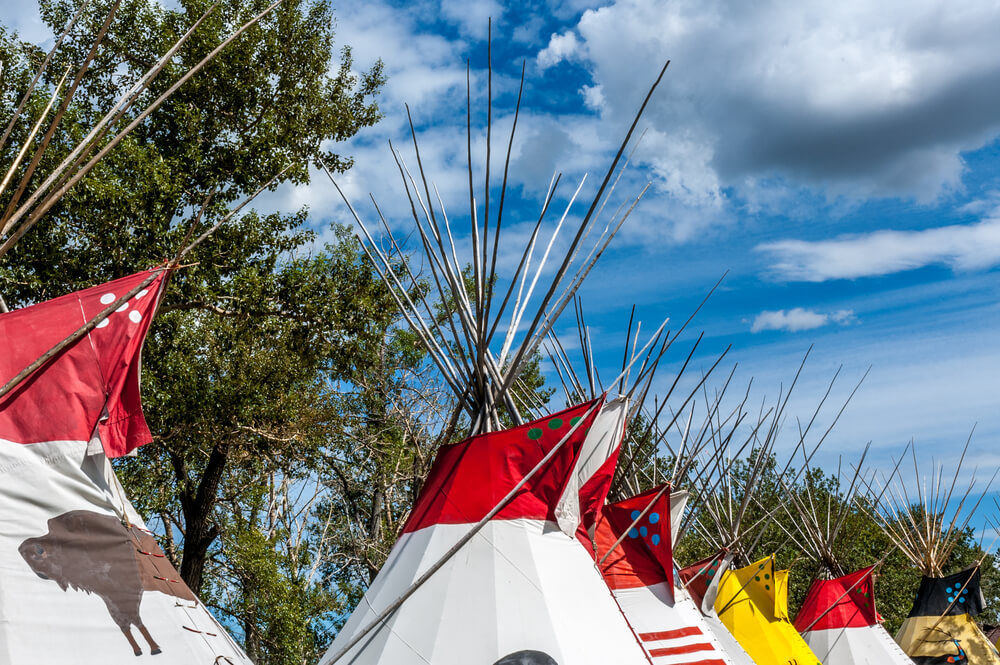
The first is applying for a provincial casino license under a charitable status.
- Alternatively, communities may broker an arrangement with host provinces to run casinos.
- Lastly, obtaining a provincial non-charitable gaming license for events is sometimes possible.
- Established in 1995, Kahnawà:ke Gaming Commission pioneered regulatory frameworks for Indigenous gambling. By 1999, it was leading global efforts in interactive gaming regulation, extending its influence significantly online.
The Kahnawà:ke Gaming Commission
As a regulatory leader, Kahnawà:ke Gaming Commission still regulates three land-based Indigenous casinos in its area, while its online jurisdiction surpasses 250 gambling operations.
Kahnawake's independence allows it to set and enforce its online gambling laws without Canadian government interference.
Visitors can partake in games of chance from age 19 across 18 Indigenous casinos in Canada, enjoying a variety of skill-based, bingo, and other entertainment.
Land-Based First Nations Casinos
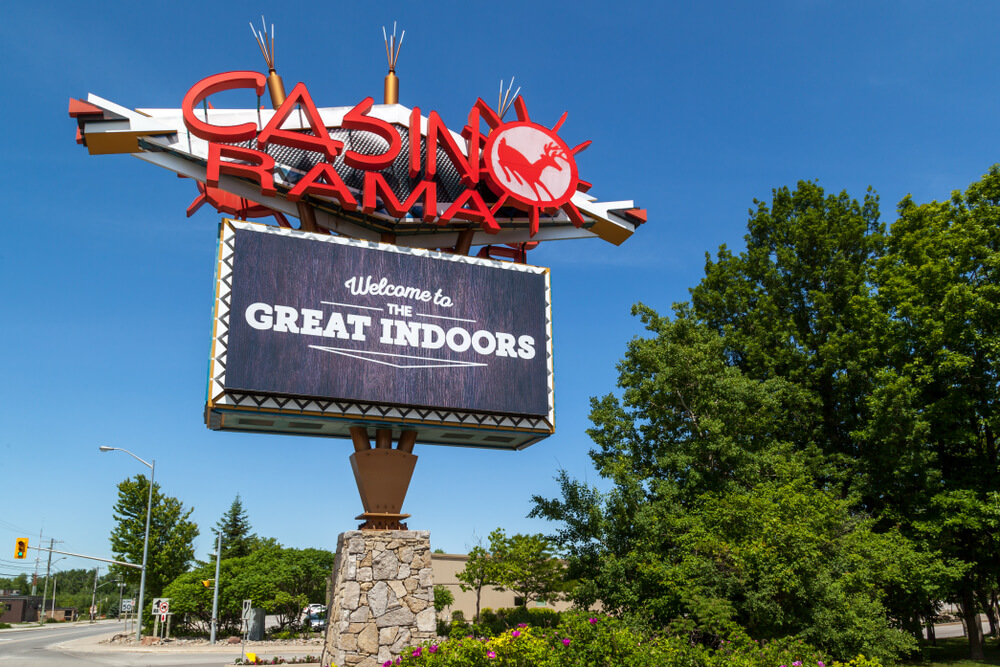
To be well-prepared before visiting a land-based First Nation casino, utilize this guide to familiarize yourself with key skill-based casino games.
Armed with knowledge, find the best land-based casino near you. Below is a snapshot of three standout First Nation casinos in Canada today:
- Grey Eagle Casino – Just outside of Calgary, Alberta, Grey Eagle Casino opened in 2007. With over 1,000 slots and 40 tables, it offers games like roulette and blackjack. Grey Eagle Casino review River Cree Resort and Casino – Located in Enoch, near Edmonton, Alberta, hosts 1,350 slots, 40 game tables, and 12 poker rooms since its 2006 opening.
- Casino Rama – As one of the earliest Indigenous casinos from 1996, Casino Rama in Ontario features 1,800 slots, electronic games, and various card games.
- Statistics Canada revealed using 2018 data that Indigenous Canadians face gambling problems at a rate threefold higher than the general population.
Responsible First Nations Gambling
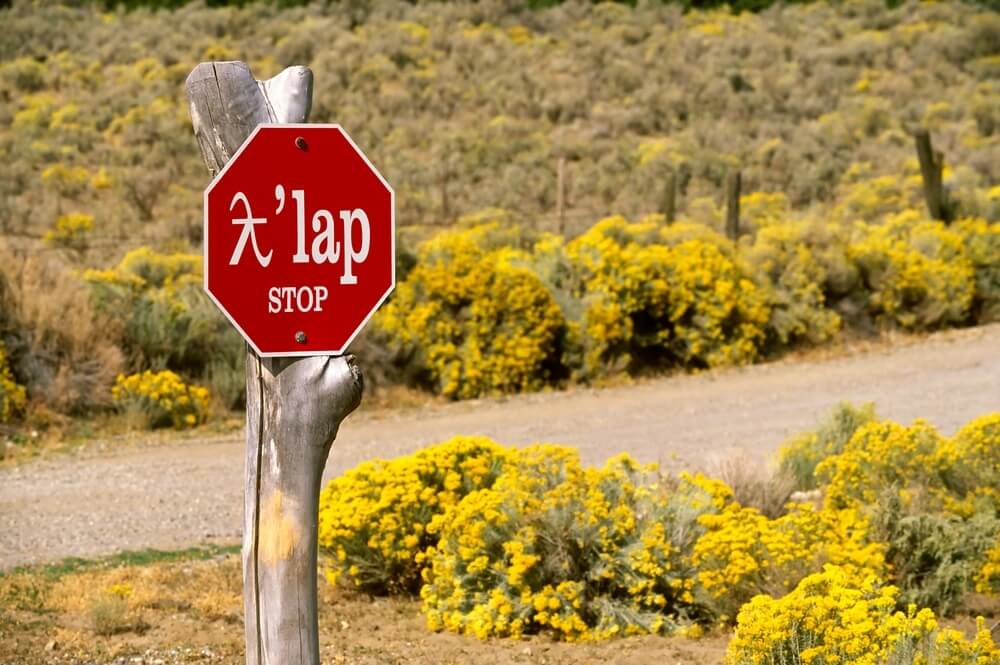
Responsible gambling initiatives exist to ensure gambling remains a social pastime while mitigating gambling-associated issues. This is notably critical for First Nations communities.
Worldwide, Indigenous populations face heightened gambling problems compared to mainstream groups. For effective treatment paths, recognize key risk factors:
Relationship harm – Problem gambling can jeopardize bonds with family and friends, leading to conflicts and an inclination to isolate or forget obligations.
- A Comprehensive Overview of Gambling Among Canada's First Nations
- Explore the cultural backdrop of gambling within Canada's Indigenous communities, delving into its historical roots, legal challenges, contemporary status, and much more in our guide available at CasinoBonusCA.
- Guide to the Gambling Practices of Indigenous Groups in Canada
Find the Top Online Casinos Available in Canada
An Exploration of the Gambling Traditions and Developments Within Canada's First Nations
Understanding Gambling and Its Impact on Canada's Indigenous Communities top recommended online casinos Dive into our detailed guide, where we share insights and explanations about the intricacies of Indigenous gambling in Canada. This includes the evolution from historical practices to present-day issues, alongside showcasing the top land-based casinos run by First Nations that you can visit.